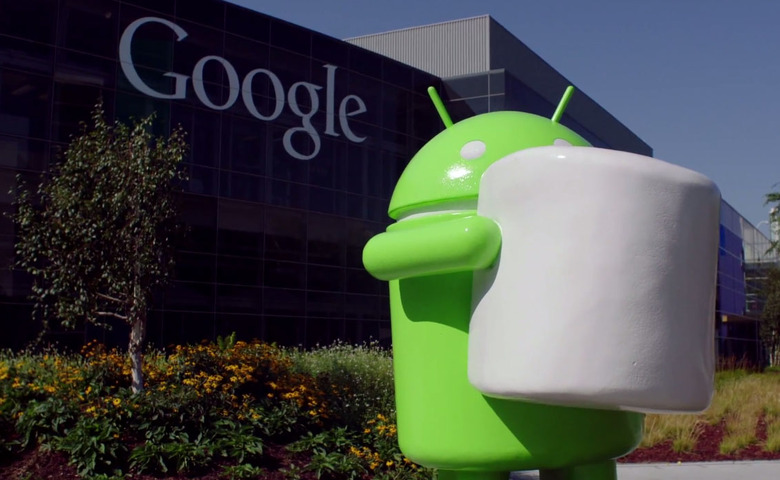What It's Like To Switch To Android After Using Only iPhones For 6 Years
It's always fascinating to read what happens when someone switches mobile platforms after being a longtime devotee to a rival platform. One longtime iPhone user recently decided to make the switch to the LG G4 and he posted his thoughts about it over on Notehub.org. While it's still early, so far he's been very impressed by what he's seen from Google's mobile operating system.
MUST READ: The trolling continues: HTC rips off an Apple commercial to advertise its iPhone ripoff
Incidentally, when I say this person is a longtime iPhone user, I mean he's used nothing but iPhones for the past six years starting with the iPhone 3GS. He decided to make the leap to Android after he saw a great deal for the LG G4 on Amazon that sold the device for less than half what he would have paid for the iPhone 6s Plus.
Once he made the switch, he found several pleasant surprises with the G4. Here's his list:
- I can exchange my battery (ok, mildly relevant)
- I extended the storage space with an 18€ SD card to about 90GB; for the first time in my life, I have all the music I want on my phone.
- My phone has an IR blaster; now I turn on my stereo using my phone; then I stream Spotify music to it. I don't event know at the moment, where the remote control is...
- I activate the display and put it to sleep by a double tap on it; this is so addictive, that I keep tapping now on every mobile device to activate it.
- I can take selfies saying "cheese"; it's fun, but not really relevant.
- After 6 years of iPhones I could finally send my address book to my car over Bluetooth.
- By the color of the blinking LED I know whose message I got without touching the phone.
The double-tap to wake feature is definitely neat and the expandable storage is definitely a useful feature that Apple will certainly never add — after all, that would seriously mess with the iPhone's ASP and we can't have that, can we?
Do what did he miss about his old iPhone? Among other things, he says that the G4 feels cheaper than an iPhone does, which shouldn't be all that surprising. Additionally, he's found that some Android apps are of lower quality than their iOS counterparts, which is also a common gripe for Android users. And he also misses having a home button with a fingerprint scanner, which is one of the iPhone's most underrated and convenient features.
That said, he's not regretting his switch to the G4 so far and concludes that "after one month of LG G4 usage I just cannot find any arguments to switch back to an iPhone in the nearest feature."
